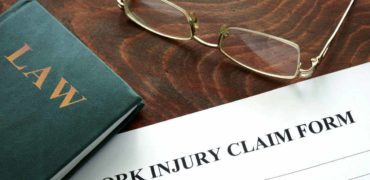We were all raised to listen to a police officer when he makes a request and comply whenever possible. There are, however, certain instances when you are better off just staying quiet, not doing anything, and waiting to have a conversation with your Seattle DUI attorney before you even speak to the police. That might be hard to remember if you’re intoxicated, so make it second nature right now. Driving drunk is not okay, but if you have a few too many and get caught behind the wheel, stay quiet. It could be the different between conviction and acquittal later on down the line.
If you are pulled over and detained for driving under the influence, you will be told truthfully by the police officer that refusing a breathalyzer or any kind of field sobriety test is grounds for an automatic loss of license. This statement scares most people into doing the test, thinking they might somehow miraculously pass it. The irony of that is that most fail and end up losing their license anyway. Police officers are trained to spot the influences of alcohol or drugs. They won’t normally put you through all that without good reason. You do not, however, have to take the test.
Before you can be brought up on Seattle DUI charges, you have to be booked into the police station and read your rights. The first of those rights that you will hear in what is called the Miranda reading is the right to remain silent. This is made clear to anyone under arrest from the beginning because, in this country, you are not expected to incriminate yourself. A breathalyzer or field sobriety test will do just that. If you take it and come up over the legal limit, you’ll most likely be convicted and you will have done it to yourself. That’s self-incrimination.
How do you say “no” to the police? You don’t. You simply request your phone call and contact a Seattle DUI lawyer to do the talking for you. The first question you’ll be asked is if you took a breathalyzer or field sobriety test. Then, you’ll receive instructions from your lawyer on how to proceed. Hopefully, the whole incident is a one time case of one too many. If not, things could get more complicated, but call us anyway.


